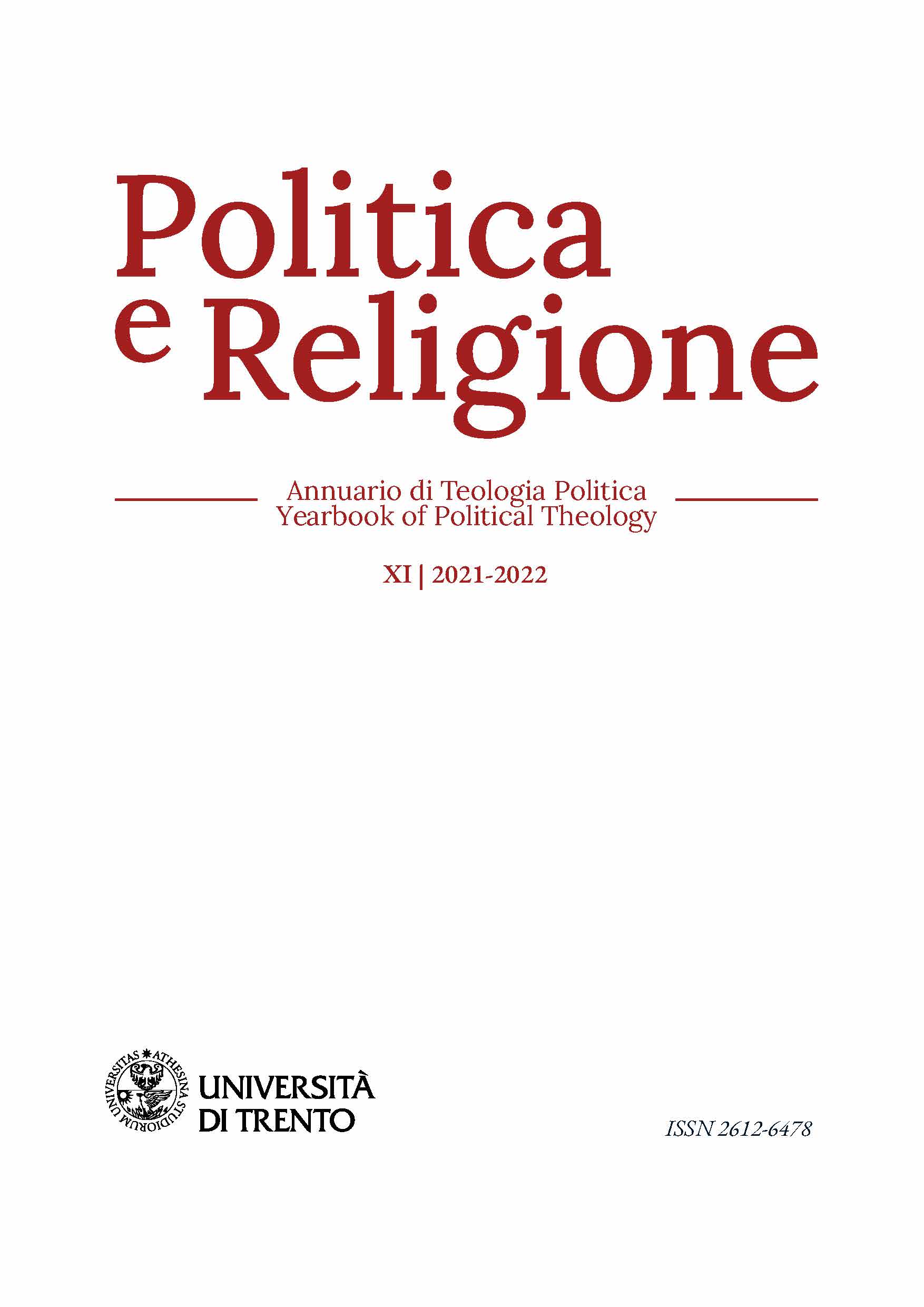"Pythagoras in legibus suis”: lineamenti di teologia civile in Alberto Magno
DOI:
https://doi.org/10.15168/per.vi2021-2022.3144Abstract
Like many other medieval thinkers, Albert the Great, a 13th-century Dominican theologian, shows no particular interest in the tradition of so-called civil theology: in his vast corpus, we do not find analyses of this conception or of its two most typical elements – namely the role of Numa Pompilius and Augustine’s critique of Varro’s tripartite theology. However, Albert’s reflections on the Leges Pythagorae do constitute an original contribution to civil theology. Albert explores both the religious implications and the moral and political usefulness of these “laws”. In his works Pythagoras is depicted as a theologian-legislator, whose task is to educate the people and make them good citizens, to give morality and society a theological foundation through his religious laws (metempsychosis, vegetarianism, ritual prescriptions, and a strict lifestyle).
Downloads
Published
Issue
Section
License
Copyright (c) 2024 Alessandro Palazzo

This work is licensed under a Creative Commons Attribution-ShareAlike 4.0 International License.


